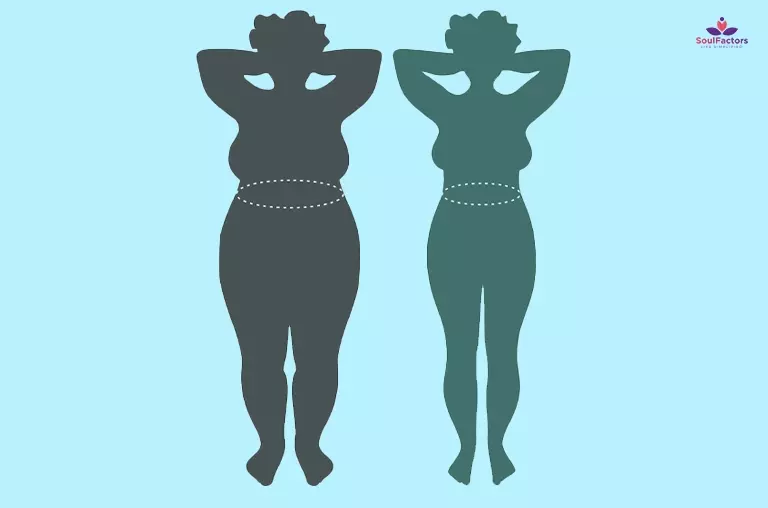Coffee Consumption Could Reduce Risk of Gestational Diabetes
Drinking more coffee is associated with reduced risk of developing diabetes during pregnancy, suggested a study.
On Mar 17, 2023 – 4 minutes read

In females with a history of GDM (Gestational Diabetes Mellitus), greater consumption of caffeinated coffee was found to lower the risk of Type 2 Diabetes. The study found that women who consumed more coffee had lower risk of developing gestational diabetes than those who had non-caffeinated beverages.
What Does Coffee Do for Gestational Diabetes?
The study was published in The American Journal of Clinical Nutrition in December 2022 and points to the prospect of caffeine intake reducing gestational diabetes risk.
Gestational diabetes mellitus (GDM) is diabetes that develops for the first time during pregnancy. Gestational diabetes belongs to two classes: A1 and A2, with A1 being manageable through exercise and diet. A2 makes it necessary to take medication.

According to the Centers for Disease Control and Prevention, 2% to 10% of US pregnancies are affected by gestational diabetes every year (1). Gestational diabetes only lasts during pregnancy. However, it can increase the woman’s possibility of developing type 2 diabetes and affect the baby as well. About 50% of women with gestational diabetes go on to develop type 2 diabetes.
The link between coffee and gestational diabetes risk was studied using 4522 participants who were predominantly caucasian. The sample comprised women with a history of gestational diabetes in the National Health Service II for incident Type 2 Diabetes between 1991 and 2017.
The study found that women who consumed more caffeinated coffee had lower risk of developing gestational diabetes than those who had sugar-sweetened beverages and artificially sweetened beverages. Women who were given caffeinated coffee were also found to have a more favorable metabolic profile, found a study.
GDM symptoms are most often mistaken for pregnancy-related symptoms.
The coffee and diabetes link
Caffeine is the most commonly used psychoactive substance in the world and has been associated with a range of health outcomes, including lower risks of Parkinson’s disease and type 2 diabetes (T2D) (2)
Previously published research suggested that drinking 3-5 daily cups of coffee can lower risk of type 2 diabetes and cardiovascular disease. An average cup of coffee contains around 70–150 mg of caffeine. Coffee is known to be a rich source of caffeine.
Previous analysis had also shown that higher genetically predicted blood caffeine levels were associated with lower weight (BMI) and body fat. Additionally, higher genetically predicted blood caffeine levels were also associated with a lower risk of type 2 diabetes.
This study also found that people who carry genetic variants associated with slower caffeine metabolism drink less coffee on average. These people were still found to have higher levels of caffeine in their blood than people who metabolize it quickly to reach or retain the levels required for its stimulant effects.
Higher genetically predicted blood caffeine levels were also associated with a lower risk of type 2 diabetes.
But caffeine is known to boost metabolism, increase fat burning, and reduce appetite, they explain. And a daily intake of 100 mg has been estimated to increase energy expenditure by around 100 calories a day, which could consequently lower the risk of developing obesity.
These studies indicated the potential for caffeinated no-calorie drinks to prevent many lifestyle diseases.
A study previously conducted on a smaller sample had also found the same correlation. Coffee consuming women were observed to have a statistically significant reduced risk of GDM among moderate consumers of caffeinated coffee. It suggested that habitual consumption of any amount of caffeinated coffee before pregnancy may be related to a decreased risk of GDM.
Another 2014 study (3) had found that moderate first trimester coffee and tea intake may have a protective effect against gestational diabetes. With increasing total caffeine, however, the reduced GDM risk was non-significant.
However, the major limitation in these studies is that it is not definitively clear whether caffeine is really the compound within coffee that is responsible for the lower risk of Type II Diabetes.
Coffee also contains a complex mixture of biologically active chemicals other than caffeine, including polyphenols (e.g., chlorogenic acid), alkaloids (e.g., trigonelin), and diterpenes (e.g., cafestol) (11).
It is difficult to separate any specific effects of caffeine from the other compounds included in caffeinated drinks and foods.

Subscribe to Newsletter
Elevate your routine, stay on trend, and embrace a personalized beauty journey with our curated insights.





Write a Comment